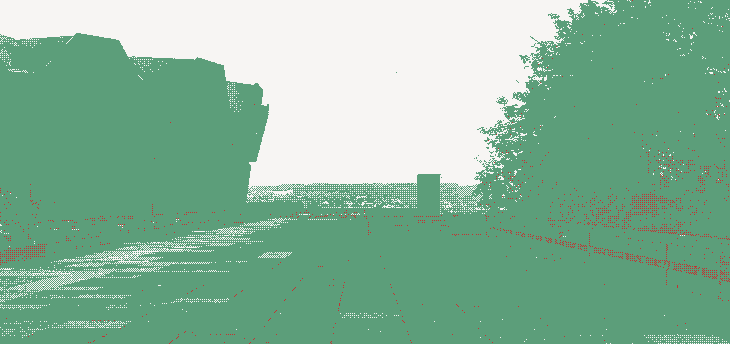
Tanja Bogusz
Camino Eck 📧
Lucie Fortun
Alix Levain
Joanne Clavel
Céline Jacob
Claire Macher
Our workshop explores the conditions required to foster collaborative projects and to develop a modular framework for heterogeneous forms of cooperation. The basis are two research projects in maritime contexts. These projects examine the complex processes of interdisciplinary collaboration from complementary perspectives: one more analytical, the other more directly involved. They question the role of diverse knowledge forms, technologies, social change, ongoing negotiations between human and non-human actors, and the continuous adjustments of participants’ positions and critical frameworks. Different interpretation “sustainable transformation” or “sustainability context” emerge from these two projects. In a cross-discussion, we will explore the heterogeneous values and norms of these marine knowledges.
The workshop will begin with a presentation of the two projects by the initiators. The first project highlights the fragility of relationships and the constant adjustments required between heterogeneous actors involved in Sardinian coral fishing. A concrete case will be used to illustrate how the debated and currently prohibited use of remotely operated vehicles (ROVs) in Sardinian coral fishing mediates the ongoing renegotiation between ecological governance, evolving market dynamics, and traditional forms of maritime knowledge. The second project, Assembler des Océans, will present reflective feedback from an experimental collaboration between marine social science research institutions and small, and unstable, citizen collectives committed in sustainable and concrete transformative actions of management, lifestyles, and maritime activities on the Brittany coast. This feedback will take the form of a presentation of a collaborative ethnography conducted during a prospective workshop in a maritime space of Brittany.
The presentations emphasize the need for collaboration across heterogeneous perspectives, along with the methodological challenges and frictions this entails. They open a space for reflection on knowledge production, regulation, and their political dimensions, particularly issues of positionality and alliance in oceanic contexts. Building on these insights, the second part of the workshop will focus on articulating shared objectives and exploring how epistemic, technological, social, and environmental dimensions can be integrated more interactively. We will investigate a particular form of objectivity and non-expert knowledge that arises specifically from the sea conducted with STS conceptual tools. This investigation contributes to challenging the norms and practices imposed by the dominant scientific model and to promoting more inclusive ways of producing and validating knowledge, situated and sensitive to specific context. In doing so, the two projects presented earlier will illustrate how the inclusion of knowledges from marginalized groups (human or more than human) in maritime contexts transforms the dynamics of knowledge production. During this exchange, participants will be invited to outline the main principles of a guide, with the aim of transforming the modes of production toward more inclusive models, in the process to the decolonization of extractivist research practices. This guide will serve as a practical resource, bringing together reflections emerging from the workshop on topics such as inclusion, extractivist research, boundary and intermediary objects, and other key notions shaped by participants’ interests and needs.
To ensure a fluid process and a productive collective outcome, participation will be limited to around twenty people from diverse backgrounds: researchers, association members, artists, and others. No prior expertise is required, only an interest in collaborative research and in transforming scientific production toward more equitable and cooperative models. Building on these reflections, the workshop will also foster a shared understanding of the challenges and opportunities within marine ecosystems and outline practical steps for how scientific, technological, and societal actors can work together to develop sustainable and just solutions for the future of the ocean. We hope to continue this collaborative dynamic by creating a « Transdisciplinary at Sea Network » with a mailing list and a shared resource space that enable participants to maintain connections and pursue ongoing exchanges.